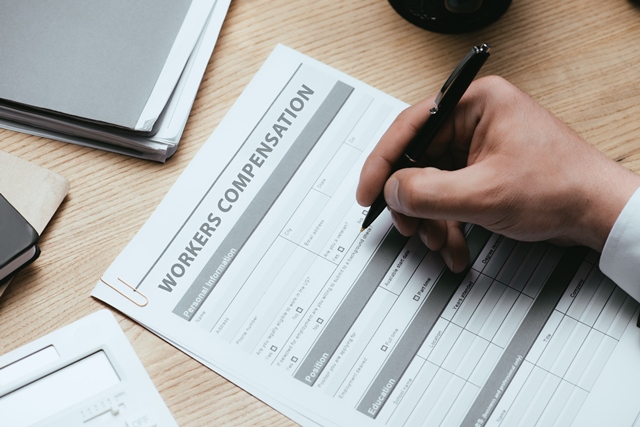
What does employment litigation entail?
Employment litigation is a lawsuit in which an employee sues an employer or an employer is sued because of an employment-related issue. At issue may be claims of discrimination or harassment. Other types of employment litigation may involve pay, overtime, or scheduling. Employment litigation can also include an employee’s claim of action illegal under whistleblower protections, violations of workplace safety, or issues related to benefits such as insurance, workers compensation, or pension. An example of employee litigation brought by a non-employee is a lawsuit filed by a job applicant who feels as if employment was wrongly denied.
Common Reasons for Employment Litigation
Though many employees are considered to have employment on an at-will basis, much employment litigation results from terminated positions. If the employer was found to have taken the action because of the employee’s race, gender, or other protected class, the action was illegal. Workers Compensation Lawyer advises employers to provide employees with their expectations in writing and develop a process that leads to discipline and dismissal in order to protect themselves against this type of employment litigation.
Another common reason for employment litigation is harassment. Harassment can be defined as any type of behavior directed against an individual that is more than the average employee could be expected to endure. If the harassment is based on the employee’s inclusion in a protected class, such as race, gender, or sexual orientation, it is illegal.
Discrimination is another common area of employment litigation. It can be part of another type of lawsuit, such as those based on improper termination or harassment, or can be the reason for the lawsuit by itself. Discrimination includes negative actions taken against an employee based on that person’s inclusion in one of the protected classes. It can also include discrimination based on other classes such as military status or the employee filing for bankruptcy.
About Discrimination Laws
People can experience discrimination for a number of reasons, all of which are illegal. People are protected from discrimination by both state law and federal laws.
· The Human Rights Act
The Human Rights Act protects people from discrimination in housing, employment, public accommodations, and educational institutions. The Human Rights Act recognizes 21 protected traits, including race, color, sexual orientation and gender presentation, sex, religion, country of origin, and age.
· The Civil Rights Act of 1964
This act, often referred to as Title VII, prohibits discrimination under federal law. Title VII established the EEOC to enforce the law and gives victims of discrimination the legal right to fight discriminatory actions in court. This law makes it illegal for employers to hire or fire, unfairly compensate, or withhold job privileges from anyone on the basis of their race, color, country of origin, sex, or religion.
· The Age Discrimination in Employment Act
This act outlaws workplace discrimination based on a person’s age. It states that employers cannot refuse to hire or fire employees because of their age. A person also cannot be denied equal compensation, terms, or benefits of employment for age-related reasons.
· The Equal Pay Act
Under the Equal Pay Act of 1963, workplace discrimination on the basis of sex is illegal. Gender discrimination is prohibited in hiring, firing, determining compensation, offering workplace training, or considering employees for promotion.
· The Americans With Disabilities Act
Title I of the Americans With Disabilities Act guarantees equal employment opportunities and benefits to people with disabilities. This act states that employers cannot discriminate on the basis of a person’s disability, and qualified job applicants must be supplied with reasonable accommodations in order to perform their job without undue hardship.
Seek Legal Representation
Hiring a proven and effective lawyer is critical to obtaining the maximum recovery in an employment litigation case. Professional law firms such as The Law Offices of Mark T. Hurt has substantial experience litigating precedent-setting individual and class action discrimination cases. Schedule an appointment with a seasoned Workers Compensation Lawyer to help get your claims today.
